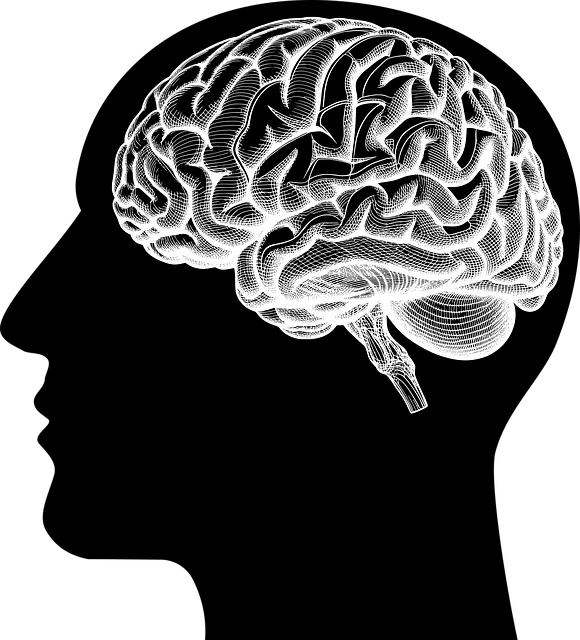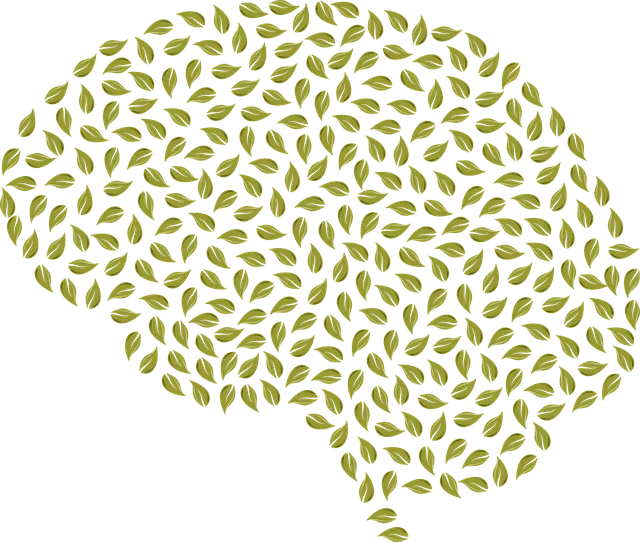Kaiser Permanente mental health Englewood prioritizes holistic well-being through Resilience and RFM (Recovery, Functioning, Maladaptation) principles. They offer specialized workshops focusing on emotional regulation, anxiety relief, and coping strategies to enhance recovery and functionality. Their approach involves building resilience, promoting self-care routines, and providing crisis intervention, fostering a supportive community for navigating life's challenges. The strategic implementation of resilience exercises, tailored to diverse needs, is measured through data-driven evaluations to ensure continuous improvement and positive mental health outcomes in the Kaiser Permanente Englewood community.
“Explore the transformative power of Resilience, Frequency, and Moment (RFM) in mental health care, as exemplified by Kaiser Permanente Englewood’s innovative approach. This article delves into the implementation of RFM exercises, offering a comprehensive guide for healthcare professionals. From understanding resilience’s role to measuring program success, we uncover strategies that foster mental well-being. Discover how Kaiser Permanente Englewood has pioneered a step-by-step process, providing valuable insights for integrating resilience-focused exercises into modern mental health practices, particularly within the context of Kaiser Permanente’s renowned care model.”
- Understanding RFM and Resilience in Mental Health Care
- Kaiser Permanente Englewood's Approach to Building Resilience
- Implementing Resilience-Focused Exercises: A Step-by-Step Guide
- Measuring Success: Evaluating the Impact of RFM Programs
Understanding RFM and Resilience in Mental Health Care

Resilience and RFM (Recovery, Functioning, and Maladaptation) are essential concepts in mental health care, as they play a pivotal role in assisting individuals in overcoming challenges and fostering overall well-being. At Kaiser Permanente mental health Englewood, professionals recognize that building resilience is a transformative process that empowers people to navigate life’s difficulties with greater ease.
The Stress Management Workshops Organization offers valuable resources and programs tailored to enhance emotional regulation and anxiety relief. Through these initiatives, individuals learn effective coping strategies, enabling them to adapt and bounce back from stressful situations. By focusing on RFM, the organization aims to help clients improve their recovery trajectories, enhance functional abilities, and minimize maladaptive behaviors, ultimately leading to improved mental health outcomes.
Kaiser Permanente Englewood's Approach to Building Resilience

Kaiser Permanente Englewood takes a holistic approach to mental health, recognizing that building resilience is key to overall well-being. They offer a range of resources and programs designed to equip individuals with effective coping mechanisms and enhance their ability to navigate life’s challenges. One notable initiative is their focus on Crisis Intervention Guidance, providing immediate support during traumatic or stressful events. This guidance equips people with tools to manage crises, fostering resilience in the face of adversity.
Furthermore, Kaiser Permanente Englewood promotes public awareness campaigns development, encouraging open conversations about mental health. They emphasize Self-Care Routine Development for Better Mental Health, encouraging individuals to prioritize self-care practices that sustain their emotional and psychological well-being. Through these strategies, the organization aims to create a supportive environment where people can build resilience, access necessary resources, and maintain optimal mental health.
Implementing Resilience-Focused Exercises: A Step-by-Step Guide

Implementing Resilience-Focused Exercises: A Step-by-Step Guide
At Kaiser Permanente mental health Englewood, we recognize that building resilience is a key component in fostering overall well-being. To this end, we’ve developed a comprehensive guide for implementing resilience-focused exercises, designed to empower individuals and communities alike. The process begins with identifying specific areas where resilience can be strengthened—be it personal coping skills development or community public awareness campaigns. This involves assessing the unique needs and challenges faced by the target group, ensuring that interventions are tailored to their context.
Next, create a structured plan outlining the types of exercises to be conducted, their frequency, and duration. Incorporate diverse activities such as mindfulness practices, stress management techniques, and social support networks building to cater to different learning styles. Regularly evaluate the effectiveness of these exercises through feedback mechanisms and adaptive adjustments. By consistently fostering resilience through these initiatives, Kaiser Permanente mental health Englewood aims to prevent depression and promote a more vibrant, resilient community.
Measuring Success: Evaluating the Impact of RFM Programs

Measuring Success: Evaluating the Impact of RFM Programs
Evaluating the effectiveness of Resilience, Flexibility, and Mental Health (RFM) programs is vital to ensure their longevity and positive influence on healthcare providers, particularly at organizations like Kaiser Permanente mental health Englewood. These programs, designed as Burnout Prevention Strategies for Healthcare Providers, aim to enhance cultural competency among staff through Stress Management Workshops Organization. By implementing RFM exercises, organizations can gauge success through various metrics, including improved job satisfaction, reduced stress levels, and enhanced emotional resilience among participants.
Regular assessments and feedback mechanisms are crucial in this process. Surveys, focus groups, and individual interviews can provide valuable insights into the perceived benefits of the programs. For instance, healthcare providers may report better coping mechanisms for handling high-stress situations or increased cultural sensitivity when interacting with diverse patient populations. These qualitative and quantitative data allow organizations to refine their RFM initiatives, ensuring they align with the evolving needs of the healthcare workforce.
Resilience is a powerful tool in mental health care, and Kaiser Permanente Englewood’s implementation of RFM (Resilience, Flexibility, and Mastery) programs showcases an innovative approach to enhancing patient well-being. By combining structured exercises with personalized support, these programs have the potential to significantly impact individuals’ ability to navigate life’s challenges. The step-by-step guide provided offers a practical framework for healthcare professionals aiming to integrate resilience building into their practices, ultimately empowering patients to lead more fulfilling lives. Through ongoing evaluation and adaptation, as demonstrated by Kaiser Permanente Englewood’s success, RFM exercises can become valuable assets in the mental health landscape, particularly within the context of Kaiser Permanente mental health Englewood services.






